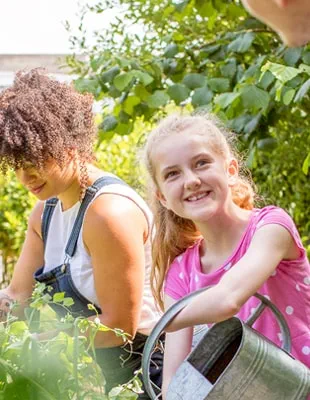The challenge
Colonial development has degraded the health of Burrard Inlet through environmental contamination, shoreline alteration, and reduced cultural practice.
Colonial development has degraded the health of Burrard Inlet through environmental contamination, shoreline alteration, and reduced cultural practice.
We have worked with Tsleil-Waututh Nation (TWN) for over 15 years to identify adverse environmental impacts on their reserve lands and traditional territory.
Together, we’ve improved the health of the Burrard Inlet ecosystem and enabled cultural practices to return.
Ongoing colonization of the environment and natural resources has negatively impacted life for Indigenous communities across Canada.
As people who have lived in and stewarded the north shores of Vancouver since time immemorial, the Tsleil-Waututh Nation is working to protect and restore their land and waters from industrial development on the shoreline and contaminants in outfalls and stormwater. Environmental contamination and a declining ecosystem have led to a disruption to the community’s historic fishing, harvesting and cultural practices.
Arcadis, previously Arcadis IBI Group, has worked with the Tsleil-Waututh Nation for over 15 years to support their stewardship activities and scientific research and analysis within the Burrard Inlet and Indian Arm.
Throughout the years, we have conducted sediment and biota sampling programs (particularly shellfish meat) at various beaches located within Burrard Inlet and Indian Arm. Our team has done routine assessments and remediation of contaminated sites on the land that may contribute to contamination entering surface water within the Inlet, and we assisted the Nation with the removal of creosote-treated piles from select locations within the Indian Arm.
As part of our collaboration, we are developing and conducting long-term, routine surface water quality monitoring of creeks and outfalls to identify contaminant sources (both chemical and biological) to improve surface water quality within the inlet and ultimately restore traditional harvesting opportunities. We are assisting the Nation in reviewing and developing Burrard Inlet-specific water quality objectives and reviewing the Canadian Disposal at Sea Regulations.
To identify and minimize the adverse impacts of post-contact development within TWN’s traditional territory, we developed and managed sampling programs to assess and identify opportunities to improve surface water quality within streams that are used by community members for ceremonial bathing and cleansing.
We are building capacity within the nation so that TWN members and staff within the Treaty, Lands and Resources Department can undertake safe and appropriate surface water, sediment and biota tissue sample collection, manage environmental data collected within their territory, and take ownership of long-term monitoring programs.
The Burrard Inlet Action Plan has led to improvements in water quality and reduced environmental contamination, leading to long-term goals of restoring traditional harvesting sites and cultural practices. Alongside the Tsleil-Waututh people, we are actively supporting the restoration of the Burrard Inlet ecosystem.
